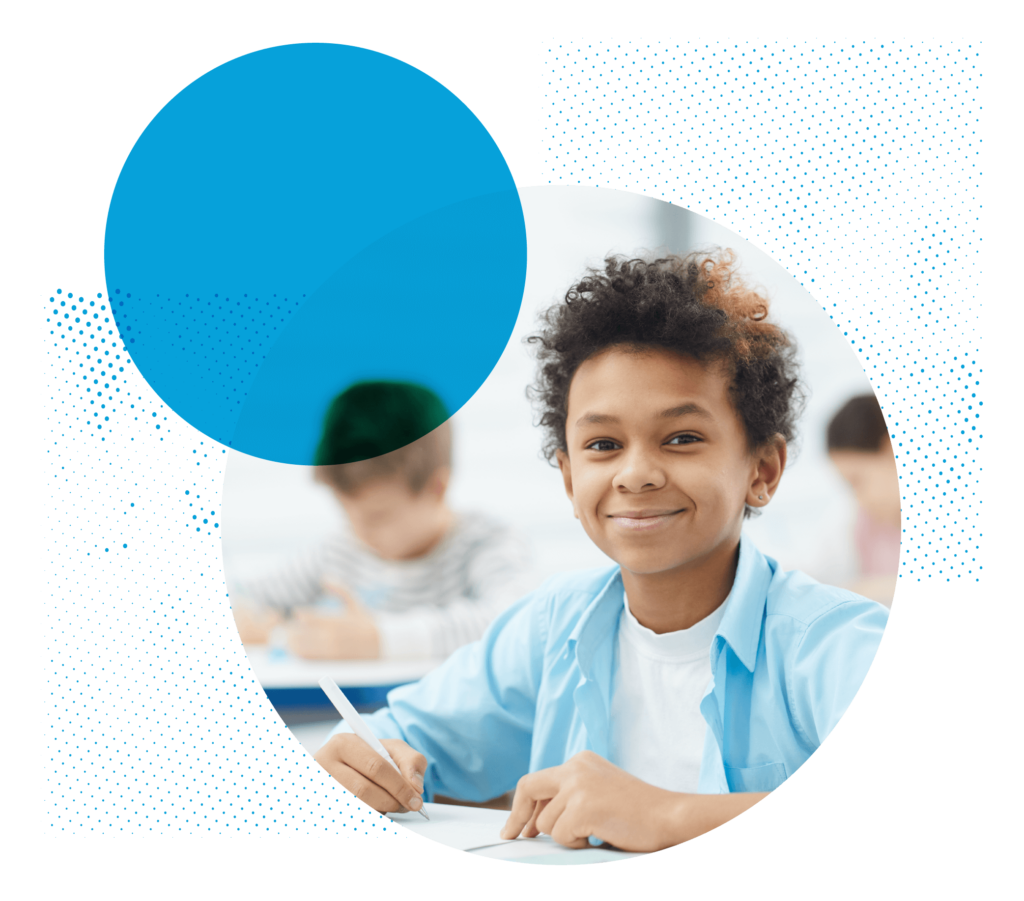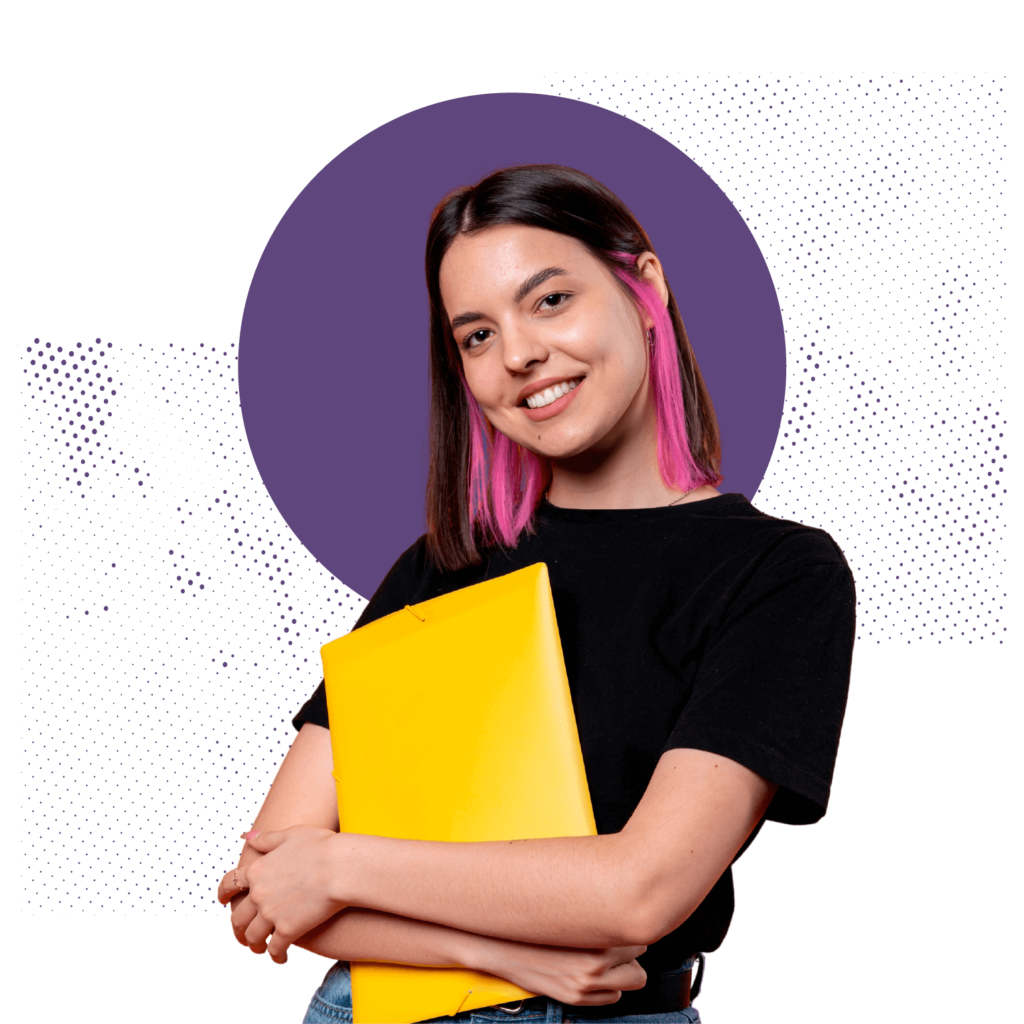The Best Fluffy Pancakes recipe you will fall in love with. Full of tips and tricks to help you make the best pancakes.

Executive Function Coaching.
A path to success

We’ve developed a coaching program that integrates the leading research in executive function instruction with over a decade of hands-on experience helping students develop learning skills. Our coaching goes beyond teaching how to use a planner or clean out a backpack, as lasting change encompasses aspects like student motivation, engagement, collaboration, and a sense of ownership.
Our approach considers the phases of change necessary for adopting new behaviors, and we tailor a plan for each of our students. We work with students possessing diverse learning needs across the nation, making it possible for them to learn while developing increased awareness, focus, and critical thinking skills.
Our Coaching Components
Executive function coaching is a distinctive service that requires specific elements to maximize its effectiveness. The following components contribute to the effectiveness of coaching at Lively Minds, ensuring it becomes a worthwhile investment of your time and resources.

Assessment
Two simple evaluations to determine your student’s greatest areas of need from 8 skills, and 64 unique challenges.
Consult
A meeting with Lively Minds, your coach, and your family to discuss strengths, goals, and a plan of action.
Coach
An intentional match with an experienced educator who we think will make a meaningful connection with your student.
Curriculum
A customized set of lessons from our trademark executive function curriculum, Cerebrate.
Instruction
The targeted teaching of strategies and systems to develop skills that address your student’s challenges.
Action Plans
Weekly plans with actionable steps to apply the strategies and begin to build habits.
Reach Outs
Midweek reach outs for your coach to provide accountability and support with your students’s action plan.
Reports
Weekly monitoring and communication of your student’s learning, progress and overall growth.
Why Virtual?
Lively Minds’ students and coaches have experienced the many advantages of virtual coaching sessions in recent years, and we provide online coaching because we firmly believe it delivers the optimal results for our students. The benefits below help illustrate what we’ve found from our sessions.

✔ Best Coach Match
We can focus on finding the coach with just the right experience and personality to work with your student, rather than settling for the coach who is closest to you.
✔ Higher Engagement
Students are actively engaged because their participation is necessary for digital communication, and they are more focused on their sessions.
✔ Flexible Times
When we remove the travel component, coaches and families can easily adapt the lesson lengths to fit the student’s specific needs.
✔ Added Convenience
Joining a coach for a virtual session is quick and simple for families, and students have the flexibility to choose areas with fewer distractions for increased focus.
✔ Familiar Environment
Virtual settings often feel comfortable and safe for students, and they allow for increased sharing and growth.
✔ Varied Resources
With innovations to virtual communication, online tools make the sessions more interactive and effective for all types of learners.
What Age?
Parents often wonder what is the best age for students to learn and develop executive function skills. Each school year presents a unique set of expectations for students, and as they grow they can begin to learn new strategies for success.

Elementary
School
Kindergarten through 4th are significant grades for young students to begin developing skills in self-regulation, attention, task initiation, organization, and planning, as they adjust to new classroom expectations. With a coach, elementary students start to learn how to:
- Learn strategies to stay on task and maintain attention
- Discover how to be more independent with daily routines
- Explore working memory strategies for better achievement in math and reading
- Learn coping skills for strong emotions like worry, frustration, and anger
- Create personalized organizational systems and work areas
- Learn how to start and persist with challenging work
- Develop self-reflections to take ownership of new habits
- Discover way to transition to new activities

Middle
School
Middle school students need to continue developing self-regulation, attention, task initiation, and organization skills. They must also begin fostering knowledge of prioritization and time management. Coaches will help middle school students learn how to:
- Calculate consequences of actions, consider possibilities and plan behavior
- Discover what motivates them and take ownership of new habits
- Start and complete assignments and break larger projects into smaller pieces
- Develop strategies to stay on task and maintain attention
- Understand and cope with emotions that affect learning
- Reason, problem solve and consider other perspectives
- Develop personalized organizational materials and work spaces
- Start work and persist when challenging

High
School
High schoolers need to develop and apply skills to support their increasing independence. They should practice self-regulation, attention, task initiation, review and completion, organization, and time management. With the help of a coach, high schoolers will learn how to:
- Develop self-control for inferior tasks with strong impulses
- Gain insight into motivators and take ownership of lives and habits
- Apply discernment between doing necessary work or choosing other less important desires
- Learn to take effective notes, participate in class, study and test well
- Develop coping skills for strong emotions, anxiety and stress
- Create systems to organize class assignments, projects, supplies, and time
- Prioritize, get started, stay focused, and complete assignments and projects on time
- Learn to track and complete tasks and break large projects into smaller pieces

College
Students
College students have emerged into a life of independence and new personal experiences, and it is imperative for them to modify their existing skill set as they transition fully into adulthood. While much of the college learning is self-managed, a coach can aid a student to:
- Understand individual motivation in order to initiate and complete tasks
- Accepting ownership of life, work and habits
- Managing class syllabi, schedules, assignments, projects, supplies, and time
- Using planning and prioritization tools to stay focused and meet goals
- Taking thorough notes, participating in class discussing, and reading critically
- Mastering how to study effectively and take tests well
- Coping with new learning environments
- Transitioning smoothly to the new stage in life
Our Students
We have been working with struggling students for over 10 years, and we have collected considerable data and many stories. Our case study reports on individual coaching students help show the effectiveness of our program. You can click on the link for each student to read the case study report.





